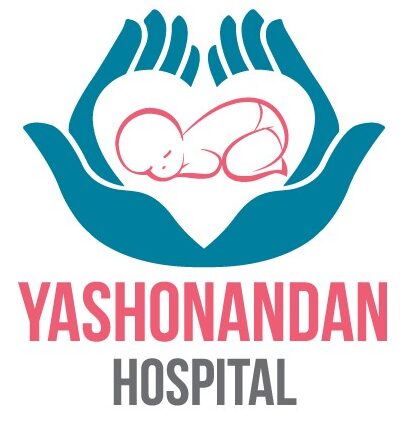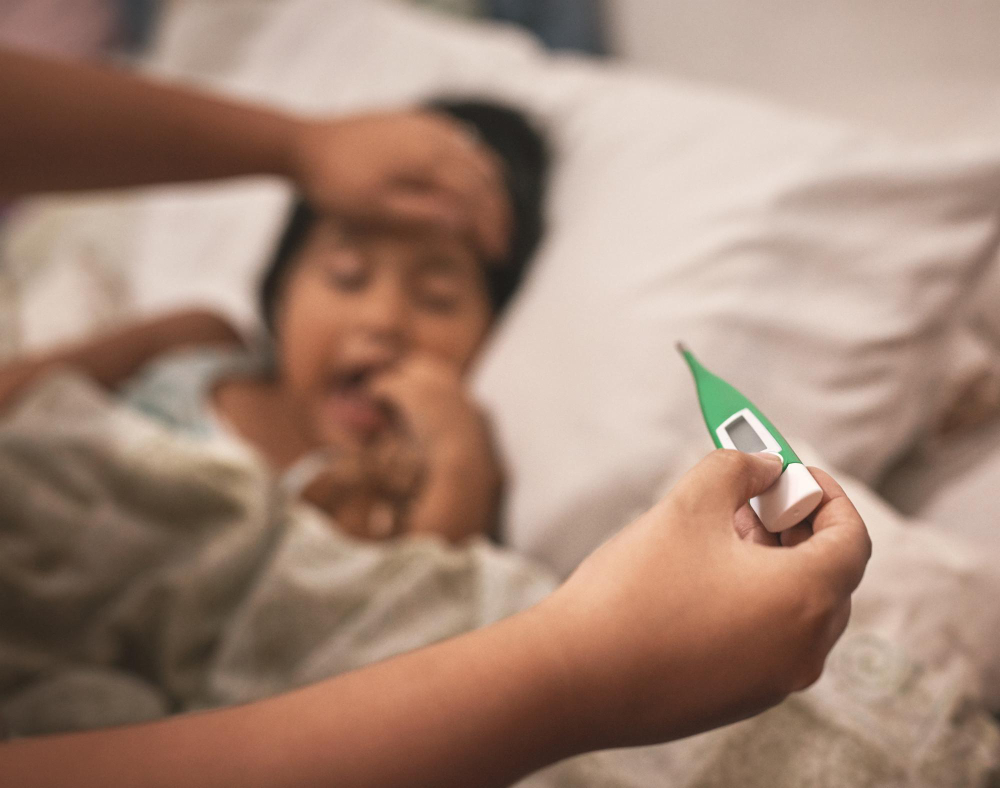Introduction: Why Monsoon Related Illness in Children Matters
Monsoon brings much-needed rain, but it also increases the risk of illness in children. Monsoon related illness in children includes diseases like dengue, malaria, and diarrhea. These illnesses can spread quickly during the rainy season. Therefore, it is important for parents to know how to protect their children. With the right steps, you can keep your family safe and healthy.
Common Monsoon Illnesses Affecting Children
During the monsoon, children are more likely to get sick. Some illnesses are more common than others. For example, standing water and damp weather help germs and mosquitoes grow. Here are some typical monsoon illnesses:
Symptoms Parents Should Watch For
Early detection helps prevent serious illness. But sometimes, symptoms can be mild at first. Watch for these signs in your child:
If you notice any of these, act quickly. Early care can make a big difference.
Causes and Risk Factors During Monsoon
Monsoon weather creates perfect conditions for germs and mosquitoes. For instance, stagnant water in puddles and containers helps mosquitoes breed. Also, high humidity and dampness allow bacteria and viruses to grow. Children are at higher risk because they play outside and may not follow hygiene rules. In some areas, poor drainage and crowded living make things worse.
Prevention Strategies: How to Protect Kids from Monsoon Diseases
Parents can take simple steps to prevent monsoon related illness in children. Here are some effective tips:
By following these steps, you can lower the risk of illness.
When to Seek Medical Help
Sometimes, home care is not enough. If your child shows any of these warning signs, seek medical help right away:
Quick action can prevent serious problems. Do not wait if you are worried about your child’s health.
Lifestyle and Home Care Tips for Monsoon Health
Daily routines can help keep children healthy during the rainy season. For example, encourage indoor play when it is raining. Also, make sure children change out of wet clothes quickly. Here are more home care tips:
These habits can make a big difference in your child’s health.
Conclusion: Stay Alert and Prevent Monsoon Illness
In summary, monsoon related illness in children can be serious but is often preventable. By keeping your home clean, using safe water, and protecting against mosquitoes, you can reduce risks. Watch for symptoms and act early if your child feels unwell. For the best care, consult a pediatrician for personalized advice on protecting your child during the monsoon season.

